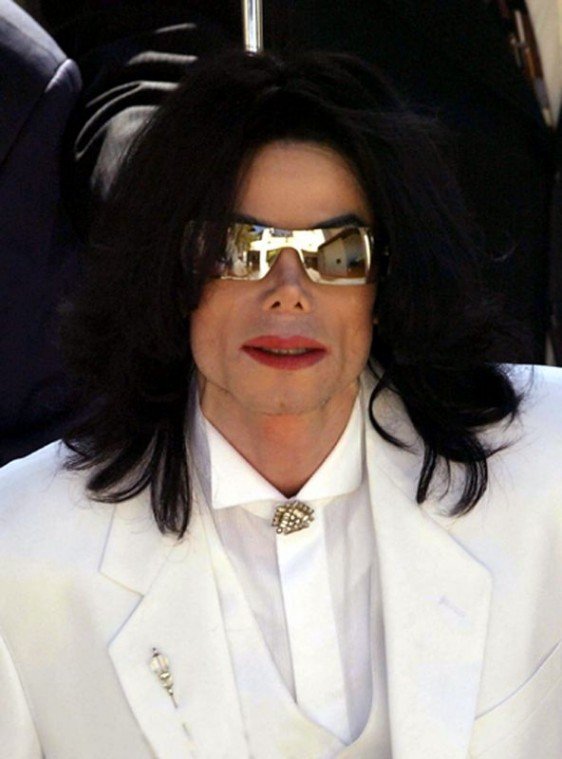When Michael Jackson suffered cardiac arrest Thursday and later
died at age 50, the singer was preparing to do the one thing that
sustained him through a lifetime of travail: perform on stage as
one of the most singular dancers and singers pop music has ever
produced.
When Michael Jackson suffered cardiac arrest Thursday and later died at age 50, the singer was preparing to do the one thing that sustained him through a lifetime of travail: perform on stage as one of the most singular dancers and singers pop music has ever produced.
Jackson was readying a major series of comeback concerts, beginning July 13, in London. All 50 shows, extending into 2010, had sold out in advance. Though his musical contributions were immense, and in many ways changed the pop landscape, he was in the news far more often in the last decade because of his increasingly controversial private life. The London shows were designed to redress the balance, to put the focus back on his immense skills as a dancer, singer and showman _ perhaps the greatest of his generation.
As a pre-teen from Gary, Ind., he was the lead singer of the Jackson 5, with his older brothers Jackie, Tito, Jermaine and Marlon, which scored eight top-10 singles. His 1982 solo album, “Thriller,” sold more than 100 million copies worldwide, and he moon-walked his way into the public consciousness with a spectacular performance on the nationally televised “25 Years of Motown” special in 1983.
At about the same time, he turned the music video into an art form with choreography, story lines and special effects that suggested mini-movies in the likes of “Beat It,” “Billie Jean” and “Thriller.”
In recent years, even as his sales flattened and his public profile dimmed by a mounting series of scandals, his soul-seasoned, danceable brand of pop provided a template for the careers of Justin Timberlake, the Backstreet Boys and countless others. His songs were covered by artists as diverse as Soundgarden’s Chris Cornell, Fall Out Boy, and James Chance and the Contortions.
The album title that suited him best was “Off the Wall,” his brilliant 1979 release, and that is not intended as a slight. With “Off the Wall” and large portions of the more calculated but still thrilling “Thriller” (1982), Jackson took artistic risks that paid off handsomely in commercial success. His music felt daring yet care-free, provocative yet fun.
Under the guiding hand of producer Quincy Jones, Jackson poured his personality quirks into music that bridged hard rock and disco, funk and pop, fantasy and reality. This was the artist who once turned a paranoid nightmare about a paternity suit, “Billie Jean,” into an edgy, irresistible call to dance. He made the personal, no matter how eccentric, seem endearing and universal.














